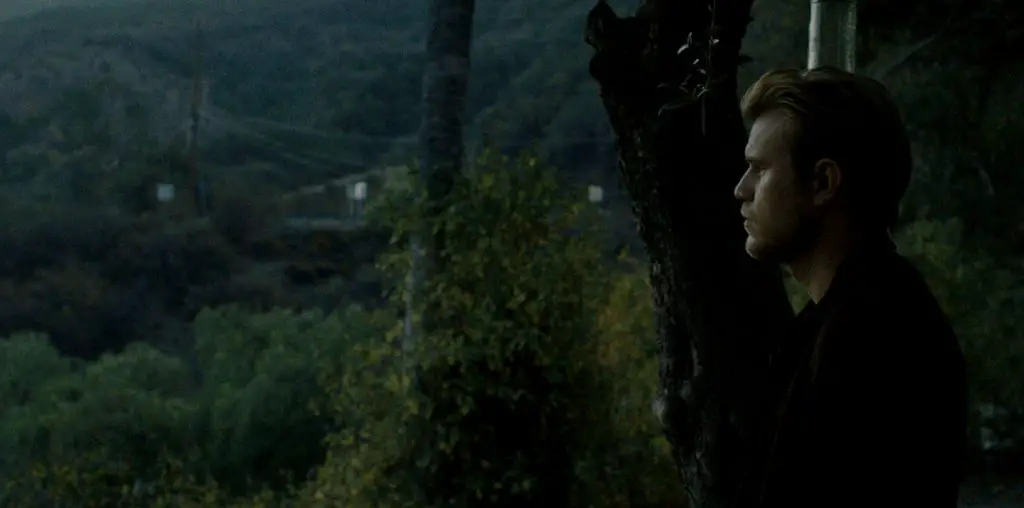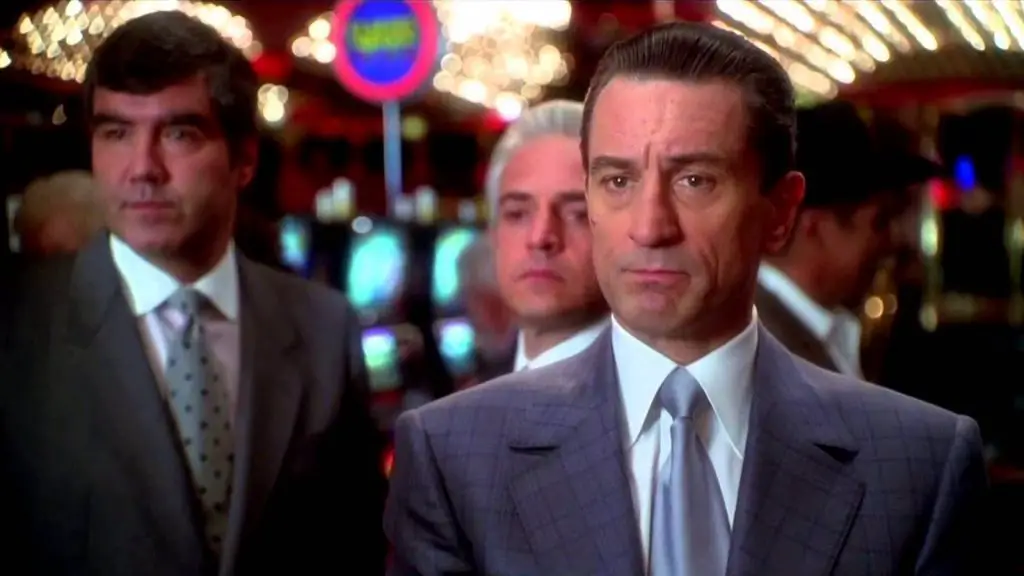
Once, long ago, Asbrey of Westender was a hero. He fought valiantly for his king and led a brave battalion of fellow knights into victory, but those days have been drowned in a flood of strong drink and self-pity. His hours are wasted on foolish bets in alehouses, and one night he games away the last possession that holds any meaning for him; a ring that belonged to a woman he loved who was burned at the stake. Asbrey awakens bruised and hung over, appalled at how low he has fallen, and he takes to the road to recover the ring. It won’t be easy, as the trinket is now in the possession of a vicious band of slave traders, and while Asbrey retains the skills that earned him glory on the battlefield, his spirit has been weakened by loneliness and failure. With the help of a puckish jester, Asbrey tracks the thieves and their enslaved wenches, but his single-minded quest may be misguided. His journey to redemption will bring him to the brink of madness as he faces what he was, what he is, and what he could be.
Director Brock Morse may not have had much money to make this debut feature, but he’s spent it wisely. A fine cast of unknowns has been assembled to bring this (unfortunately thin and underdeveloped) tale to life, and Morse is out to capture the brutality of his medieval setting as well as its inherent romance and majesty. Shot on location in the unspoiled wilderness of Oregon, “Westender” is a stunningly photographed film with a wealth of gorgeous shots that belie its low budget. Cinematographer Matt Molitor makes the most of the natural scenery, filling the frame with lush foliage, bubbling waterfalls and stark white desert sand.
As Asbrey of Westender, Blake Stadel accurately captures a man who has been stunned by fate and fears that his last spark of heroism has been snuffed out. He spends the film covered in bruises and cuts, and even if the makeup department goes too heavy on the blue eyeshadow to suggest these wounds, Stadel makes his physical and inner pain palpable throughout. The rest of the cast is solid, and a slew of Renaissance Fair types were recruited as extras, providing many a scraggly beard and painstakingly-researched costume for verisimilitude’s sake.
“Westender” loses its way, however, just as the adventure starts to pick up steam, separating Asbrey from his comic-relief sidekick and sending him on an introspective journey that makes sense for the character but changes the tone of the film. The fallen knight follows a wolf into mystical “vision quest” territory that leads to hallucinations and painful memories from the past. Morse and Molitor handle these lengthy scenes well on a technical level, but the story grinds to a halt and viewers may still have questions after the conclusion. Still, “Westender” will be a pleasure for the medievally-minded, and it’s a debut worthy of note for all involved.

